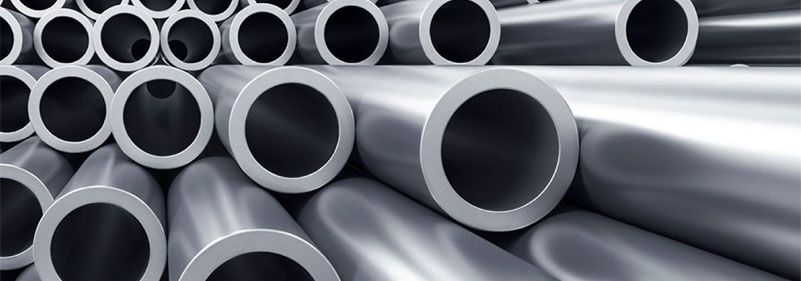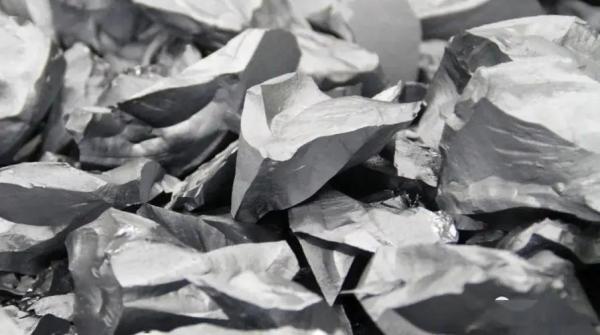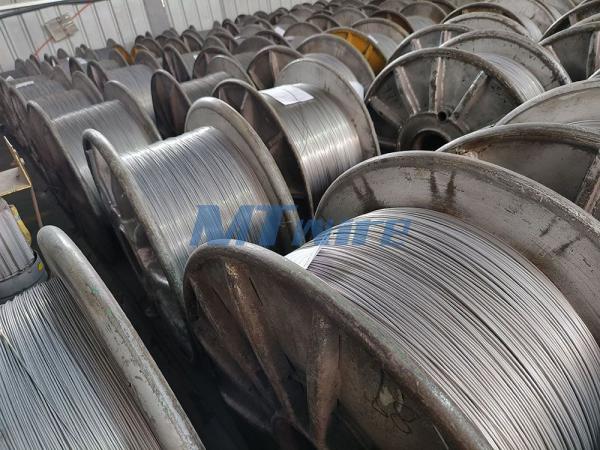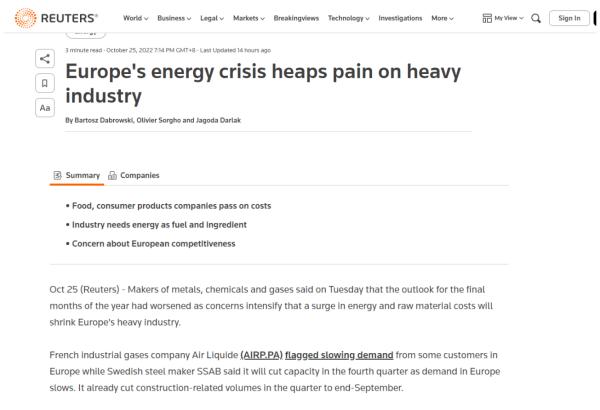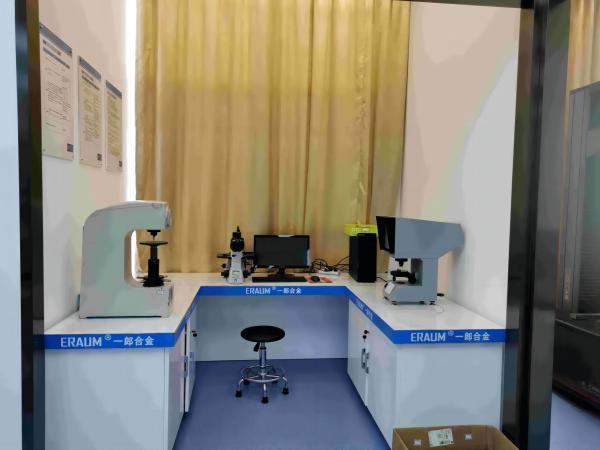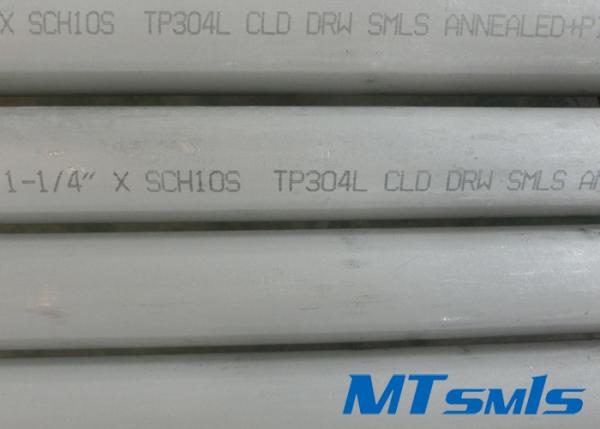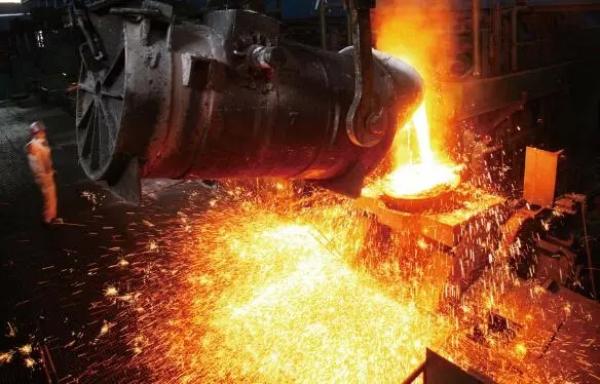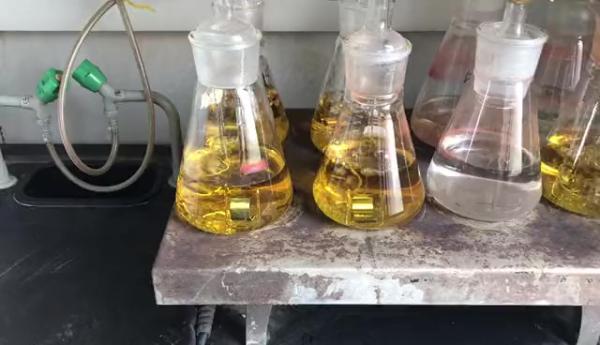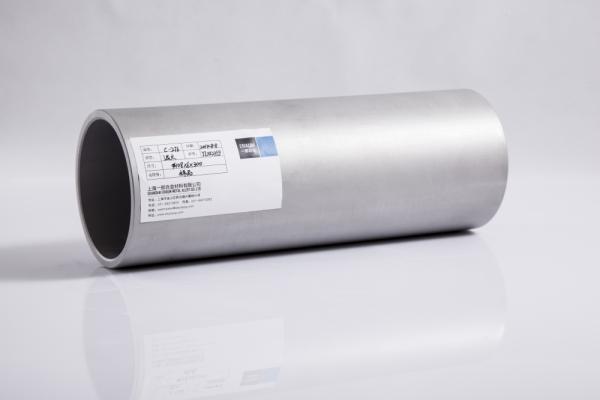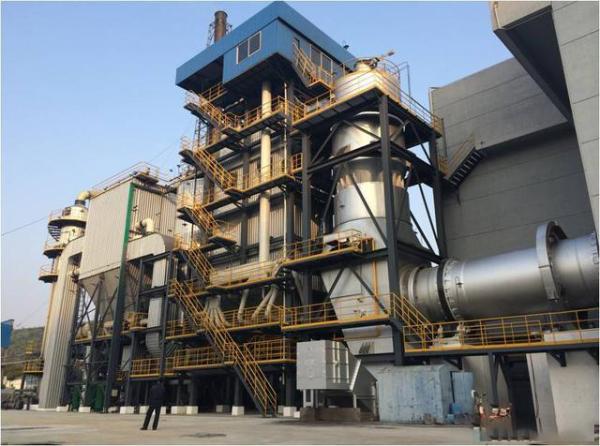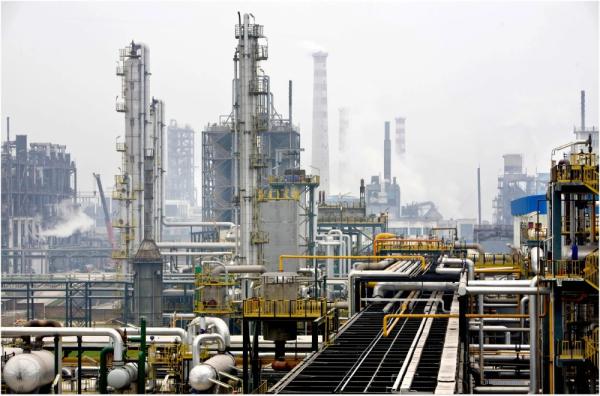Industry Knowledge
MTSCO Established in 2006, Serving customers from more than 100 countries and regions
Effect of Carbon, Chromium and Nickel on Microstructure and Properties of Austenitic Stainless Steel
CarbonCarbon in austenitic stainless steel is an element that strongly stabilizes austenite and expands the austenite zone. The carbon gap is dissolved in austenite, and the strength of austenite can be significantly improved through solution strengthening. Ho......
Learn moreStainless steel wire is a kind of silk products with different specifications and models made of stainless steel. The common stainless steel wires with good corrosion resistance and high cost performance are 304 and 316 stainless steel wires.The types of stain......
Learn moreRecently, due to the 8-month Russia-Ukraine conflict and the coming winter, the European energy crisis has been intensifying. Natural gas prices in many places have reached record highs, and LNG ship freight rates have continued to rise. Experts say the situat......
Learn moreRockwell hardnessUse diamond cone or quenched steel ball indenter to press the indenter into the material surface under the action of test pressure F. After holding for a specified time, remove the main test force and maintain the initial test force. Calculate......
Learn more1.304 stainless steel. It is one of the most widely used austenitic stainless steels with a large amount of applications. It is suitable for manufacturing deep drawing formed parts, acid transmission pipes, vessels, structural parts, various instrument bodies,......
Learn moreThere are three main factors affecting stainless steel corrosion:1. The content of alloying elements. Generally speaking, steel with a chromium content of 10.5% is not easy to rust. The higher the content of chromium and nickel, the better the corrosion resis......
Learn moreProduct Characteristics1. Good stress corrosion cracking resistance2. Good resistance to pitting corrosion and crevice corrosion3. Very good oxidation resistance and non-oxidizing thermal acidity4. good mechanical properties at room temperature and high tem......
Learn moreUNS N10276 is a tungsten-containing nickel-chromium-molybdenum-alloy with very low silicon and carbon content. The alloy has excellent corrosion resistance to most corrosive media in both oxidizing and reducing states. Excellent resistance to pitting corrosion......
Learn moreProduct characteristics1、Good resistance to oxidation of sulfur-containing gas2、Good mechanical properties at room temperature and high temperature3、Excellent high temperature oxidation resistance4、Good resistance to carbonizationDue to the controlled amou......
Learn moreNickel Alloy 625 is a face centered cubic crystal structure. After holding at 650 ℃ for a long enough time, carbon particles and unstable quaternary phase will be precipitated and transformed into stable Ni3 (Nb, Ti) orthorhombic lattice phase. After solution......
Learn moreUNS N06600 is corrosion resistant to a wide range of corrosive media. The chromium composition gives the alloy better corrosion resistance under oxidizing conditions than nickel 99.2 (alloy 200) and nickel 99.2 (alloy 201, low carbon). Also, the higher nickel ......
Learn moreLast week, MT Group held the annual mid-year meeting. 2022 is also a year full of changes and challenges for Mtsco. In the first half of the year, we changed our new office environment, held a business PK competition, and participated in Tube Dusseldorf after ......
Learn moreHow much do you know about seamless steel pipe? Seamless steel pipe is a kind of round, square, rectangular steel with hollow cross section and no seam around. Seamless steel pipe is made from ingots or solid billets that are perforated to make a burr pipe ......
Learn moreNickel is a ferromagnetic metal element with excellent properties such as corrosion resistance, high temperature resistance, oxidation resistance and good ductility. It is widely used in metallurgy, chemical industry, aerospace and other fields. It is an impor......
Learn more1. Folding Fake and inferior welded stainless steel pipes are easy to fold. Folding is a variety of fold lines formed on the surface of stainless steel pipes. This defect often runs through the longitudinal direction of the whole product.The reason for foldin......
Learn moreDirectly welded pipes: the use of small size model can avoid stress corrosion, hot cracks and deformation, and the welding current is 20% lower than that of high carbon steel. In order to ensure the ignition of the electric arc, the DC reverse connection is a......
Learn moreIn the process of manufacturing and using welded pipe, nondestructive testing to ensure weld quality is particularly important. The common nondestructive testing methods for welded pipes are: ultrasonic testing, off-line magnetic flux leakage testing and edd......
Learn morePenetrant testing (abbreviated as PT) is a nondestructive testing method for inspecting surface opening defects based on the principle of capillary action. This method is one of the five conventional nondestructive testing methods and is a comprehensive scienc......
Learn moreRadiographic testing (RT). Radiography (RT) is a nondestructive testing method that uses X-ray or g-ray to penetrate the test piece and film as the equipment for recording information. This method is the most basic and widely used non-destructive testing metho......
Learn moreWhen there are brown rust spots on the surface of stainless steel pipe, people are surprised: they think that "stainless steel is not rusty, rusty is not stainless steel, maybe there is a problem with the steel".In fact, this is a one-sided wrong view of the l......
Learn moreBased on the principle of electromagnetic induction, the nondestructive testing method is called nondestructive testing, which can nondestructive evaluate some properties of conductive materials and their workpieces by detecting the change of induced eddy curr......
Learn moreUltrasonic testing is mainly used to detect buried defects in butt welds and cracks on the inner surface of pressure vessel welds. It is also used to detect possible cracks in Pressure Vessel Forgings and high-pressure bolts.Ultrasonic testing can be divided i......
Learn moreAustenitic stainless steel is softened by solid solution treatment. Generally, the stainless steel pipe is heated to about 950 ~ 1150 ℃ and kept warm for a period of time, so that the carbides and various alloy elements are fully and evenly dissolved in auste......
Learn moreWelding: usually refers to the welding of metal. It is a forming method to connect two separated objects into one by heating or pressurizing, or both at the same time.Classification: according to the different heating degree and process characteristics in the ......
Learn more
 English
English 中 文
中 文 Español
Español Português
Português Deutsch
Deutsch Türk
Türk Pусский
Pусский عربي
عربي 한국인
한국인 日本語
日本語